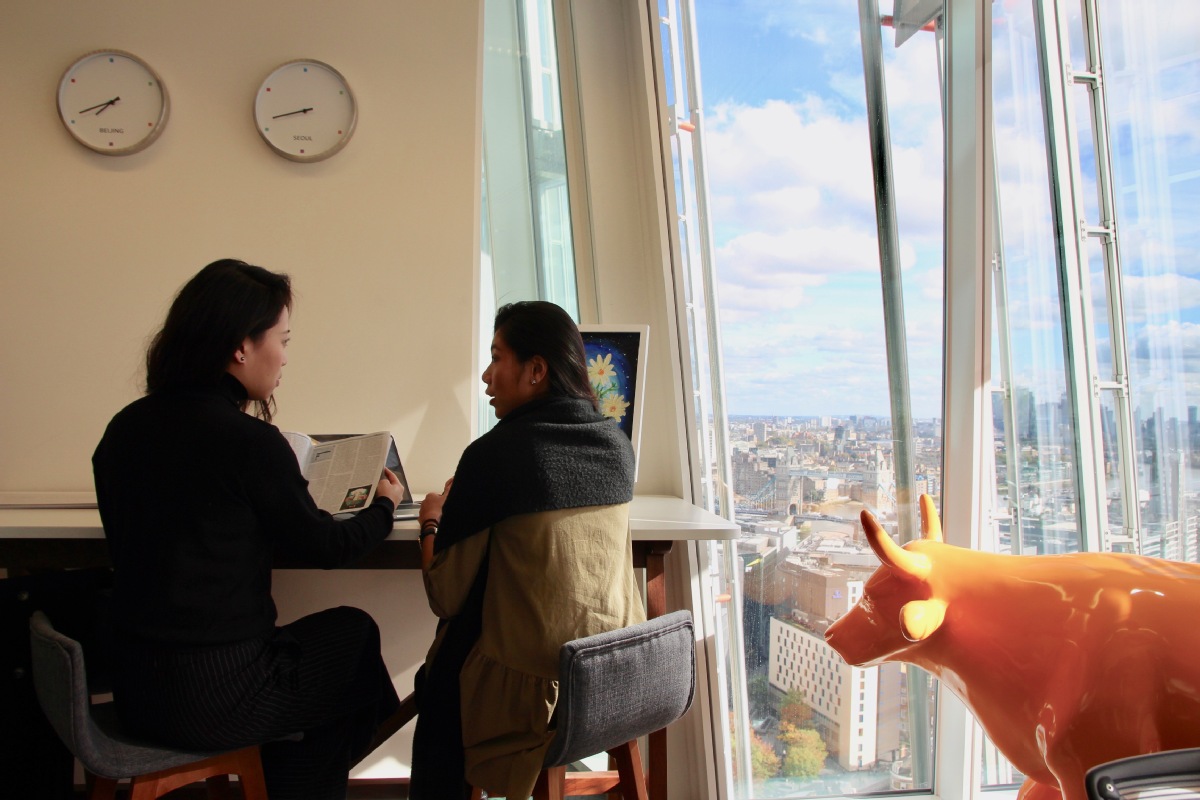Bridging China, Europe digitally


The UK needs more possibilities outside of Europe. And China is opening its arms to global partners. Against this backdrop, there is a profound market potential for Hylink, he said.
"Lots of European brands are eyeing the China market, but they are not fully equipped to serve or attract Chinese consumers. So, there's a huge opportunity for Hylink. Also, we see the new confidence in Chinese companies, especially in the digital space. It's an interesting challenge to make them influential."
Hebbert brings to his Hylink job the experience he gathered in senior roles at bigname agencies such as Mountainview Learning, Seatton and as chief of staff to the global CEO of Ogilvy & Mather based in New York. One of the reasons he joined Hylink was that compared to Western advertising agencies going to China, it was far more visionary and exciting to do the opposite, he said.
"I was first attracted to China because it's the only market that's growing and it has always been an exciting place. Joining Hylink was a no-brainer for me."
More so because Hylink places high value on openness, something that has helped bring success, he said. "There are about 500 Chinese companies in London, and I believe I'm the first British managing director of a Chinese corporation in the UK," he said. "The company's founder Su Tong is very open-minded about growing organically and values the importance of hiring locally."
Since the end of 2017, Hylink's Hebbert-led London office has focused on culture, travel, luxury, fashion and retail sectors. Its big-name clients include the British Museum, the London Symphony Orchestra, luxury goods store Harvey Nichols and other boutique brands.
Hylink is also helping Chinese cosmetics, technology and automobile enterprises with branding activities in the UK. It is also looking to set up branches in Berlin and Paris next year.
Being a relative novice in Western markets, Hylink has been dealing with multiple challenges like the Chinese stereotypes that exist among prospective London clients.
"The UK clients are more skeptical, especially when the stereotype of made-in-China was still there," he said. "I'm proud to change the stereotype to show that as a Chinese company we are professional, innovative and creative. Market education is very key here."
That sustained effort has paid off. In 2017, the company notched up 8.2 billion yuan ($118.5 million) in sales revenue, up almost 24 percent year-on-year.
Xiao Mingchao, CEO of Trendsbigger, a digital marketing consultancy, said the Belt and Road Initiative packs in huge potential for the growth of the Chinese advertising industry.
"Our research found that most of the companies have been keeping a close eye on the progress of the BRI projects. Some 86 percent of the surveyed companies have a deep understanding of the initiative, and about 70 percent of them are sure they would increase investment in the BRI economies," he said.
"It is an inevitable trend. Chinese companies will seek to serve the economies involved in the initiative. However, at present, most of them are engaged in trading goods, technology, research and development projects. There is a void in advertising and creativity-related culture industries. This means, there's a great potential for growth."




































